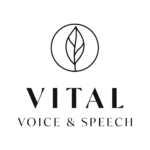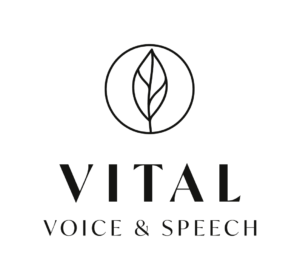What is voice therapy and how can it help you? Most of us take our voice for granted and we do not stop to consider the complexities of the mechanism that produces the human voice. Our voice is an instrument that helps us communicate with each other. It can express our thoughts and emotions. For others, their voice is literally an instrument that can captivate an audience either through singing or public speaking. Singers and public speakers rely upon their voice for their career.
A voice disorder occurs when there is a change in a person’s voice quality, pitch, or loudness. Symptoms of a voice disorder can include any of the following: hoarseness, breathiness, chronic cough, sensation of a lump in your throat, scratchy throat, shortness of breath and loss of control of your voice. It can impact a person’s life everyday and make simple communication difficult. If voice hoarseness or discomfort occurs and does not go away after about a week, you should visit an ENT doctor (otolaryngologist) for a consult. ENTs commonly refer patients to a licensed speech language pathologist (SLP) for voice therapy. A licensed SLP with specialization in voice rehabilitation is the best option to regain your voice.
The voice therapy process will begin with an evaluation of your voice perceptually and acoustically. The acoustic portion of the evaluation provides your therapist with data or “measurements” of your voice via computer analysis. The perceptual portion would include the use of human ears and self assessment of your voice quality and efficiency. Your therapist should discuss what factors in your voice habits and voice diagnosis impact your voice production. Voice therapy treatment will consist of sessions targeting established goals and the integral parts of voice therapy.
Three Integral Parts of Voice Therapy and How it Can Help You
1) - Education
Firstly, it is important to learn and understand the basics of the function of the voice box and what each individual’s voice disorder is doing to their voice. Knowledge empowers us to change our voice habits and allows us to learn how to use our voice differently.
2) - Voice Hygiene
Voice care is essential in regaining a good quality voice. Your therapist will review the details on habits that may lead to phonotrauma and how to avoid these habits. This may include discussing the impact of acid reflux, breath support, voice volume and hydration.
3) - Voice Exercises
Lastly you will receive voice exercises directed and managed by your speech therapist. A speech/voice therapist develops an individualized exercise program to specifically address each client’s needs . Programs are continually monitored during sessions and modified throughout the process as needed.



